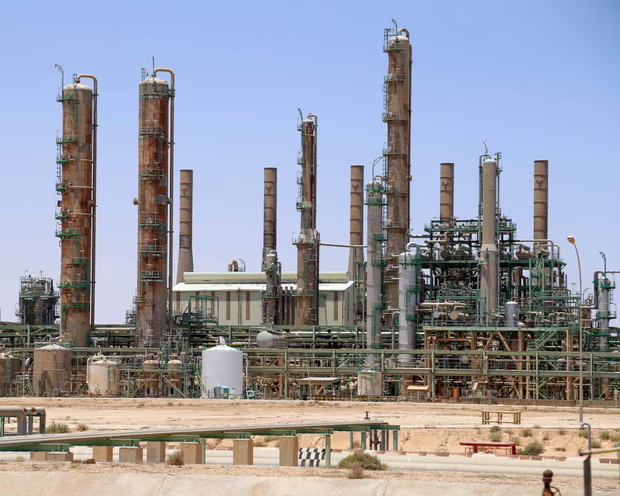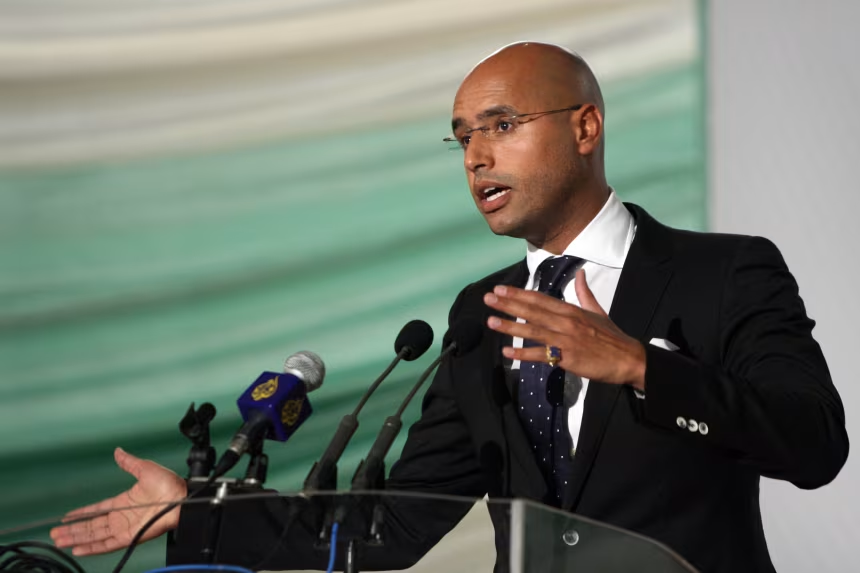Now Reading: State-Sanctioned Fuel Smuggling Cost Libya $20bn, Report Reveals
-
01
State-Sanctioned Fuel Smuggling Cost Libya $20bn, Report Reveals
State-Sanctioned Fuel Smuggling Cost Libya $20bn, Report Reveals

Libya lost an estimated $20 billion in revenue between 2022 and 2024 due to state-sanctioned fuel smuggling, according to a report by investigative policy group, The Sentry. The report calls for a western-backed investigation into the oil officials allegedly at the heart of the illicit trade.
The Sentry claims politicians and security officials who are meant to serve the public have, instead, become central figures in fuel-smuggling networks, sometimes with the backing of foreign states. Some of the fuel has reportedly been diverted to Sudan, prolonging the country’s civil conflict.
Fuel smuggling surged after a change in leadership at Libya’s National Oil Corporation (NOC). Under the new system, crude oil was swapped for imported refined fuel, which was then resold abroad at substantial profit rather than supplied domestically.
By late 2024, Libya’s refined fuel imports had jumped from 20.4 million litres per day in early 2021 to more than 41 million litres per day. Analysts say this far exceeded domestic demand, with criminal networks reportedly siphoning more than half of the imported fuel.
Sentry estimates that over $6.7 billion worth of fuel was smuggled out of Libya in 2024 alone — funds that could have tripled the country’s spending on healthcare and education. The illegal trade also drained the Central Bank of Libya of crucial foreign exchange and weakened the integrity of the NOC.
The smuggling involved a mix of vessels, tanker trucks, smaller vehicles, and even rogue pipelines, targeting destinations including Sudan, Chad, Niger, Tunisia, Albania, Malta, Italy, and Turkey. The scheme created domestic shortages, forcing Libyans to pay inflated prices for fuel, especially in peripheral regions.
Farhat Bengdara, former NOC chairman, who oversaw the period in question, maintains that his tenure was transparent and cooperative with national and international institutions. He says reforms were submitted to reduce reliance on subsidised diesel, promote natural gas and renewable energy, and gradually remove fuel subsidies.
The Sentry report concludes that the scale of fuel smuggling in Libya is no longer a side effect of weak governance but part of a systematic strategy by kleptocrats and criminal networks to siphon public wealth.




